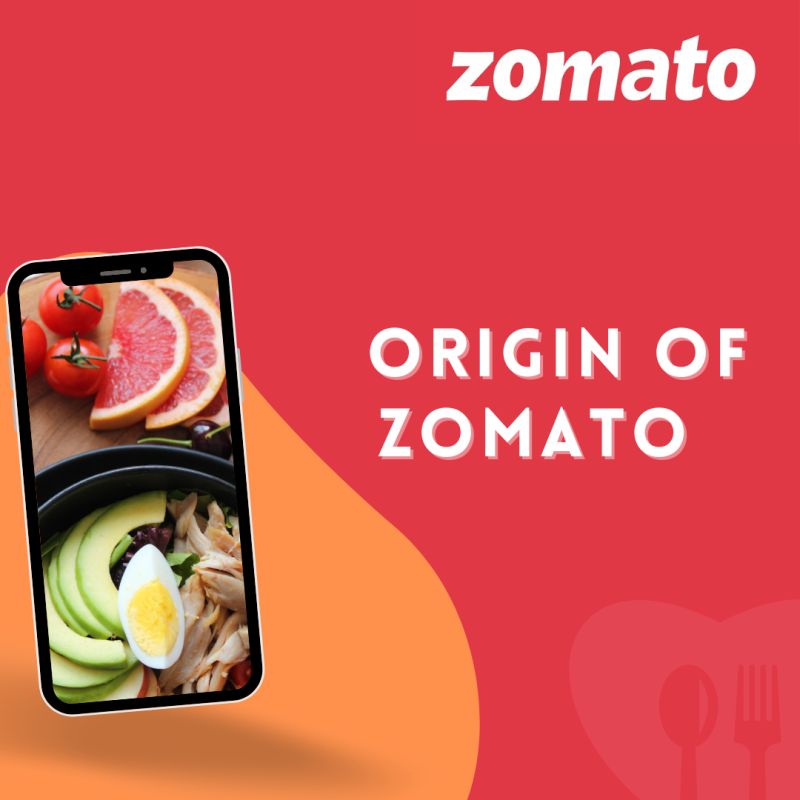Zomato and Swiggy: The Strategy Behind Deep Discounts
In the competitive world of food delivery, companies like Zomato and Swiggy have captured customer attention through enticing discounts, often ranging from 50-60%. This strategy is more than just a ploy to attract orders; it’s a calculated approach to building a loyal customer base and establishing market dominance.
Building Customer Habits The primary goal of these deep discounts is to encourage frequent ordering. By offering significant discounts, Zomato and Swiggy aim to make their services an integral part of customers’ dining habits. Once customers become accustomed to the convenience and variety offered, they are more likely to continue using the service, even when discounts are reduced.
Shared Discount Burden Interestingly, Zomato only bears 20-25% of the discount cost. The remaining discount is covered by the partnering restaurants. This collaborative approach allows Zomato to offer attractive deals without shouldering the entire financial burden, making the strategy more sustainable.
Diverse Revenue Streams While discounts drive customer acquisition, Zomato’s revenue model is multifaceted. The platform generates significant income through:
- Ad Campaigns: Restaurants pay to feature prominently in search results and recommendations, increasing their visibility and attracting more orders.
- Delivery and Table Booking Fees: Fees from these services add to Zomato’s revenue, ensuring a steady stream of income.
- Subscription Services: Zomato Gold and other subscription models offer exclusive benefits to users, creating a recurring revenue source.
- Grocery Delivery: Expanding into grocery delivery diversifies revenue and leverages existing logistics capabilities.
Through strategic discounting and diversified revenue streams, Zomato has created a robust business model that attracts and retains customers while ensuring financial viability.
Rolex: The Philanthropic Powerhouse
Rolex is a name synonymous with luxury and precision in the world of watches. However, what sets Rolex apart is not just its craftsmanship but also its unique business model as a non-profit organization owned by the Wilsdorf Foundation.
Philanthropic Focus Unlike typical for-profit companies, Rolex channels its profits into charitable causes, environmental protection, and scientific and artistic research. This philanthropic focus is made possible because Rolex does not have shareholders demanding high returns or stock price appreciation. Instead, the company enjoys the freedom to prioritize social good over financial gain.
Corporate Tax Exemption Rolex benefits from corporate tax exemptions due to its non-profit status. This financial advantage allows the company to invest more in quality craftsmanship and innovation without the pressure of maximizing profits for tax liabilities.
Short-Term Profit Strategy Rolex’s business strategy, known as “The Rolex Way,” emphasizes short-term profits through the release of limited-edition watches. This approach creates exclusivity and drives immediate demand, ensuring steady revenue without relying on long-term brand-building campaigns. The limited availability of each model enhances its desirability and maintains the brand’s premium image.
Key Takeaways for Startups
- Customer Acquisition Through Discounts: Like Zomato and Swiggy, startups can use discounts to attract and habituate customers. Shared discount strategies with partners can make this approach more sustainable.
- Diversify Revenue Streams: Relying on multiple revenue sources can stabilize finances and reduce dependency on a single income channel. Exploring ad campaigns, subscription models, and additional services can bolster revenue.
- Philanthropy and Business: Rolex’s success shows that integrating philanthropy into the business model can differentiate a brand and build goodwill. Startups can consider allocating a portion of profits to social causes, enhancing brand reputation and customer loyalty.
- Leverage Non-Profit Status: If applicable, adopting a non-profit structure can provide tax benefits and the freedom to focus on quality and innovation over shareholder returns. This can be especially advantageous for mission-driven startups.
- Create Exclusivity: Limited-edition releases, as seen with Rolex, can generate excitement and demand. Startups can use this tactic to create a sense of urgency and exclusivity around their products.
By understanding the strategic approaches of Zomato and Rolex, startups can glean valuable insights into customer acquisition, revenue diversification, philanthropy integration, and creating market exclusivity. These lessons can help build robust and sustainable business models in competitive markets.
Would love to hear from you in the comment section. If you found this post useful, you can share this link on your social media.

